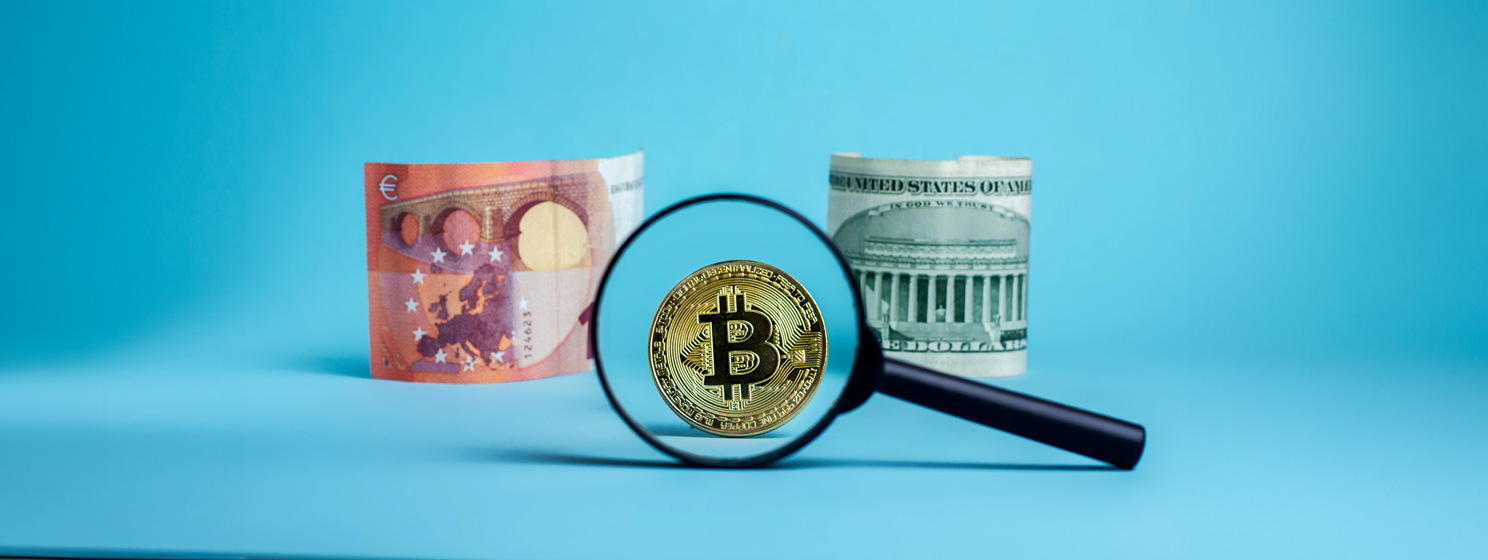|
Getting your Trinity Audio player ready...
|
Two of Hong Kong’s leading financial regulators have bared the results of stablecoin consultations conducted in 2023 as the city-state’s digital asset policies take shape.
FSTB launched the consultation in December in partnership with the Hong Kong Monetary Authority (HKMA). It cited the collapse of TerraUSD (UST), the $18 billion algorithmic stablecoin disaster, as one reason fast action to regulate the sector was necessary.
Citing Wednesday’s consultation results, regulators said the majority of the respondents are in favor of regulating fiat-referenced stablecoin (FRS) issuers, including mandating them to hold licenses.
“We will consider factors such as the FRS issuer’s place of incorporation, the location of its operations, provision of subsequent customer service to FRS users, and whether Hong Kong bank account is used to process issuance and redemption requests,” stated the conclusions report.
Additionally, there is a clamor for clarity on the scope of the regulations covering FRS issuance and how issuers market them to the public.
“The HKMA will take into account multiple factors in determining whether a person is ‘actively marketing’ an issuance of FRS to Hong Kong public,” the FSTB said.
Meanwhile, to ensure that the 2022 catastrophic event involving TerraUSD won’t happen again, respondents have asked financial regulators to guarantee that the amount of FRS issued “must always be fully backed by reserve assets at any given point in time.”
With the results at hand, the FSTB and the HKMA will move to finalizing the legislative proposal, under which only licensed fiat stablecoin issuers are allowed to serve Hong Kong investors, before presenting a bill to the Legislative Council.
The proposed bill aligns with similar regulations in the EU, where the MiCA framework’s stablecoin provisions took effect on June 30.
Among other things, MiCA bars any issuer from serving EU residents unless it’s licensed by the region’s authorities. This forced major global issuers into a race against time to comply, with USDC issuer Circle becoming the first to receive the new license on July 1.
Tether, whose USDT accounts for 68% of the global stablecoin market cap, could be forced to exit the EU, with CEO Paolo Ardoino decrying the new policies.
Hong Kong could just be as unrelenting as the EU. The FSTB’s proposed framework, which will inform the upcoming bill, imposes similar requirements to MiCA, including transparent reserve management and stabilization mechanisms as well as redemption requirements.
FSTB says a comprehensive framework is critical due to the “important role of fiat stablecoins in Web3 and the virtual asset ecosystem, and the increasingly close connection between the traditional financial system and the virtual asset market.”
To accommodate the issuers and assist them with the transition, Hong Kong announced a stablecoin sandbox in March.
Watch Centi: Bridging digital money and traditional banking

 02-28-2026
02-28-2026 




